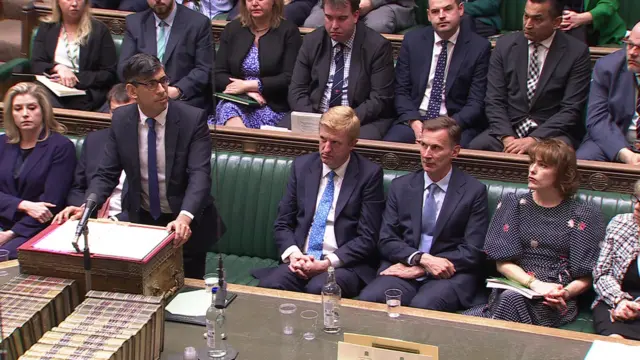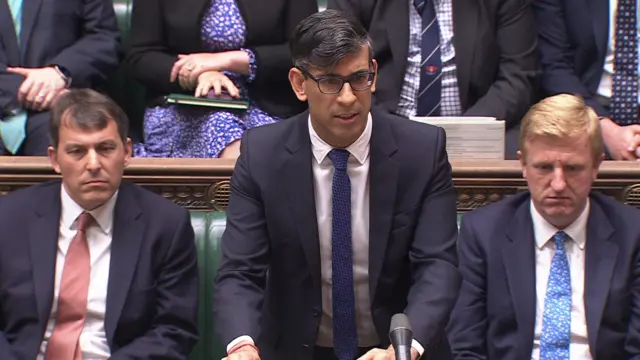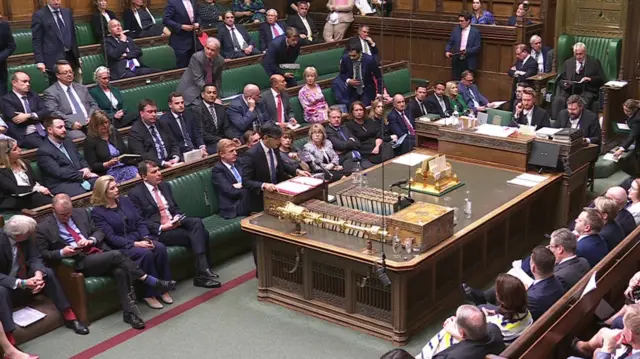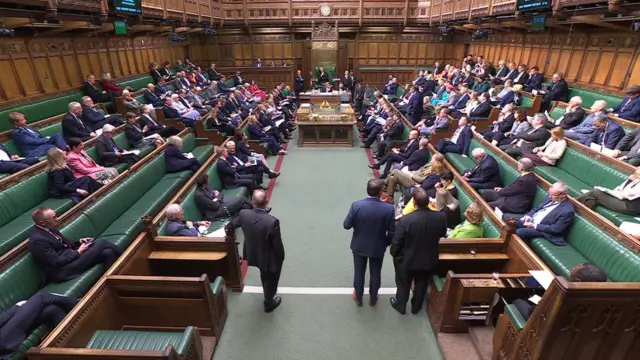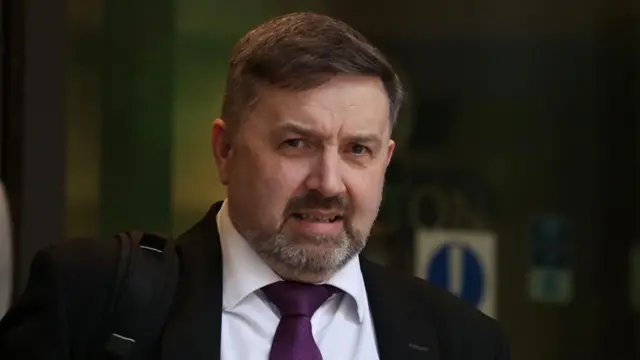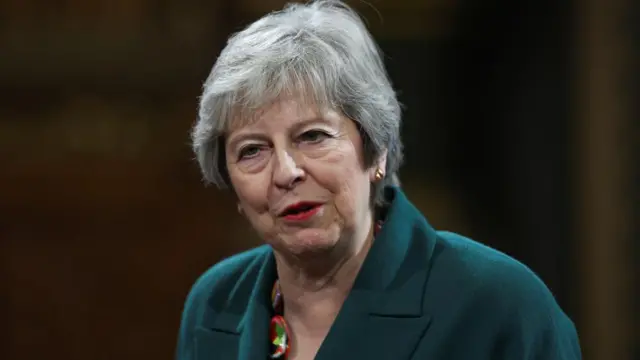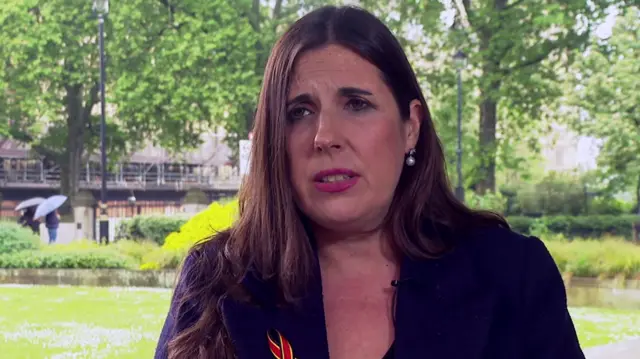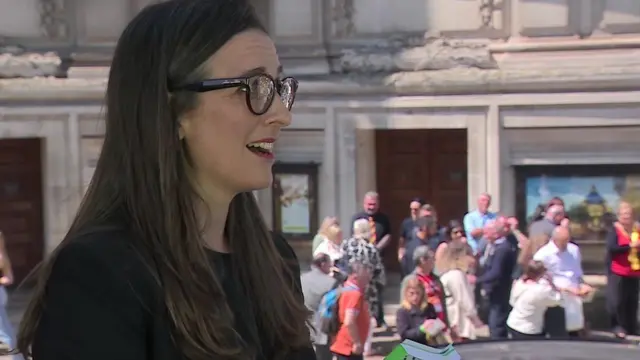PM pledges compensation whatever it costspublished at 17:32 BST 20 May 2024
Sunak outlines two promises.
The first to pay comprehensive compensation to those infected and affected - he says that whatever it costs "we will pay it".
The details of this will be set out tomorrow.
The second promise is that it cannot be a case of saying sorry, paying compensation and moving on.
Sunak says the recommendations in the report will be studied in detail and he will return to the House with a full response.
